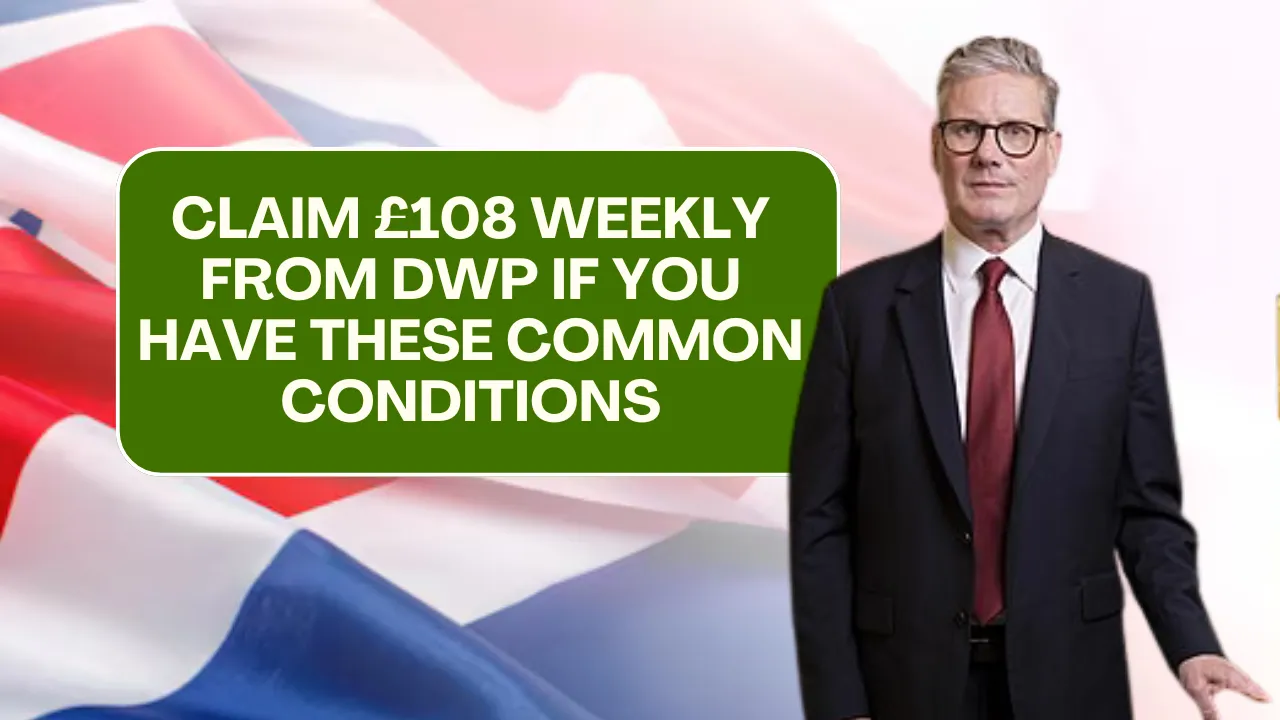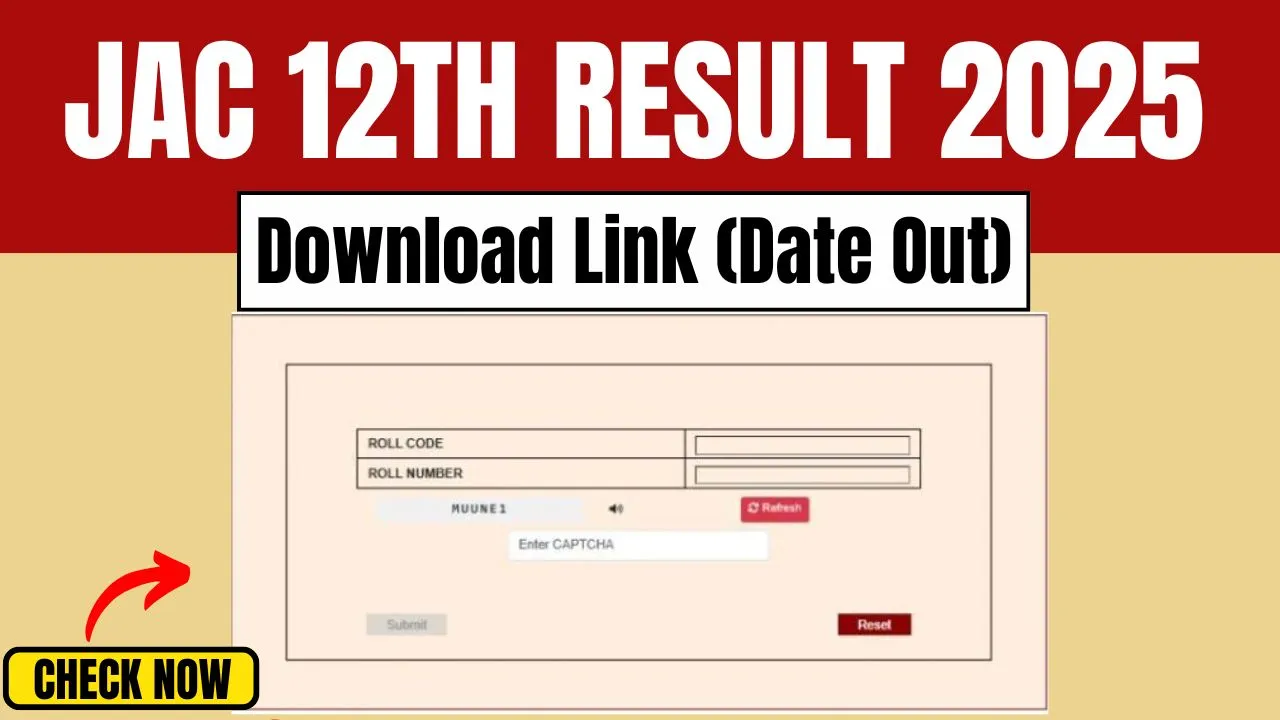DWP PIP £5,000 Vouchers in 2025: The UK government may soon introduce a major change in how disability benefits are delivered. With the proposed rollout of DWP PIP £5,000 vouchers in 2025, Personal Independence Payment (PIP) claimants might receive targeted support in the form of non-cash aid. This shift is being considered to ensure that government funds are used directly for disability-related needs, ranging from home modifications to mobility aids.
As discussions continue, many are asking whether they could qualify for these vouchers. The plan is still under consultation, but the proposal is already gaining attention among claimants, carers, and support organisations. In this article, we’ll cover everything you need to know about the DWP PIP £5,000 vouchers, from eligibility and intended use to expert opinions and next steps.
DWP PIP £5,000 Vouchers in 2025
The DWP PIP £5,000 vouchers plan is still in the consultation phase, but it represents a significant potential change to the current benefits structure. If implemented, these vouchers could replace or supplement existing cash-based PIP payments. The vouchers are expected to be used specifically for disability-related services and equipment, ensuring funds are spent to improve quality of life.
Let’s take a closer look at how the scheme is structured and who might benefit from it.
DWP PIP £5,000 Vouchers Overview Table
| Topic | Details |
| Focus Keyword | DWP PIP £5,000 Vouchers |
| Scheme | Personal Independence Payment (PIP) |
| Proposed Benefit | £5,000 Vouchers |
| Year Proposed | 2025 |
| Eligibility | PIP claimants – specific groups to be confirmed |
| Purpose | Supplement or replace some cash benefits with vouchers |
| Consultation Status | Ongoing (until Summer 2025) |
| Official Source | www.gov.uk/pip |
| Intended Use | Disability-related expenses only (equipment, services, mobility, etc.) |
What Are PIP Vouchers?
PIP (Personal Independence Payment) is a benefit aimed at supporting people with long-term physical or mental health conditions. Traditionally, it has been paid in cash, giving claimants the freedom to use it as needed. Under the proposed change, DWP PIP £5,000 vouchers would be introduced to provide structured, non-cash support for specific needs.
These vouchers might cover:
- Mobility aids like wheelchairs or motorized scooters
- Home adaptations such as stairlifts or accessible bathrooms
- Therapeutic services like physiotherapy or occupational therapy
- Carer services or daily living assistance
- Assistive technology, including communication devices or vision aids
The move is intended to help ensure that benefit money directly contributes to improving the recipient’s independence and health.
Why the Change?
The government’s interest in a voucher system is rooted in several goals. With rising concerns about fraud and misuse in the benefits system, the DWP believes vouchers could provide more oversight. Additionally, vouchers could allow the government to assess how benefits directly impact outcomes, such as increased mobility or better mental health.
Key reasons behind the proposed change include:
- Improved accountability: Ensures funds go toward essential services
- Reduced misuse: Vouchers can’t be spent on non-related items
- Better outcomes: Targeted aid can improve independence and well-being
- Efficiency: Easier for DWP to track spending and plan services
Who Might Be Eligible?
Eligibility for the DWP PIP £5,000 vouchers has not yet been finalised. However, current PIP recipients with higher support needs are expected to be the first in line. Likely eligibility groups include:
- Individuals receiving the enhanced rate of PIP
- Those with long-term or chronic disabilities
- New applicants meeting revised needs-based criteria
- People experiencing financial hardship and living in under-resourced areas
Eligibility may also involve assessments, documentation of need, and possibly a review by advisory panels.
How to Check If You’re on the List to Get DWP PIP £5,000 Vouchers
There’s no official list yet, but here are steps to help you prepare and stay informed:
1. Review Your PIP Award Letter
If you receive the enhanced daily living or mobility component, you’re likely a high-priority candidate.
2. Sign Up for Official Updates
Go to www.gov.uk/pip and register for alerts from the DWP.
3. Talk to Trusted Advisors
Organisations like Citizens Advice or Disability Rights UK can guide you based on your personal circumstances.
4. Take Part in Consultations
The public consultation is open until summer 2025. Your feedback could shape how this scheme is developed.
Additional Benefits the Vouchers Could Support
If implemented, the DWP PIP £5,000 vouchers might extend beyond basic equipment and home modifications. Additional potential uses include:
- Subsidised transport or adapted vehicles
- Respite care for unpaid carers
- Fitness and rehabilitation support like hydrotherapy or yoga
- Mental wellness tools like counselling or mindfulness therapy
This wide range of eligible services could bring real relief to individuals with complex needs and their families.
Pros and Cons of the Voucher System
Pros:
- Focused support: Ensures aid is used for health and disability-specific services
- Reduces fraud: Limits misuse of benefits
- Easier tracking: Government can monitor impact and needs more effectively
- Greater support structure: May help in developing integrated care systems
Cons:
- Reduced autonomy: Claimants might feel restricted in how they can use their benefits
- System delays: Rolling out a voucher scheme could face technical or logistical issues
- Limited flexibility: Some needs may not fall into approved categories
- Risk of inequality: People with less visible needs may not qualify
What Experts Are Saying
Disability advocacy groups have responded with cautious optimism. Organisations like Scope UK, Leonard Cheshire, and Mencap emphasise that the system must remain person-focused. A joint statement stressed:
“While targeted support through vouchers can be beneficial, the approach must be tailored, flexible, and respect the dignity and autonomy of the people it serves.”
Economists and policy analysts agree that while a voucher-based system may improve control, any rollout must be carefully managed to avoid cutting off essential help during the transition period.
FAQs About DWP PIP £5,000 Vouchers in 2025
Will all PIP claimants receive the £5,000 vouchers?
No. The scheme is expected to apply only to specific groups based on need.
Is the voucher a one-time benefit?
Yes, it is currently proposed as a one-time voucher, though future models may include recurring support.
Will cash PIP payments stop?
Not necessarily. Vouchers could be used alongside or in place of cash based on individual needs.
How do I apply if the program is approved?
Likely through the existing PIP system with additional documentation or assessments.
Can vouchers be used for rent or food?
Unlikely. Vouchers are expected to be restricted to disability-related expenses.
Final Thought
The proposed DWP PIP £5,000 vouchers could bring meaningful support to many living with disabilities across the UK. While still in the consultation phase, the plan has the potential to reshape how benefits are used—putting focus on direct, outcome-driven assistance. It’s essential that the final system protects claimant dignity, ensures flexibility, and reaches those who need it most.
To stay ahead, sign up for official DWP updates, speak with benefits advisors, and make your voice heard in the consultation process. Want to see what else the future holds? Take a moment to explore your horoscope and other resources for managing life and wellbeing in 2025.











